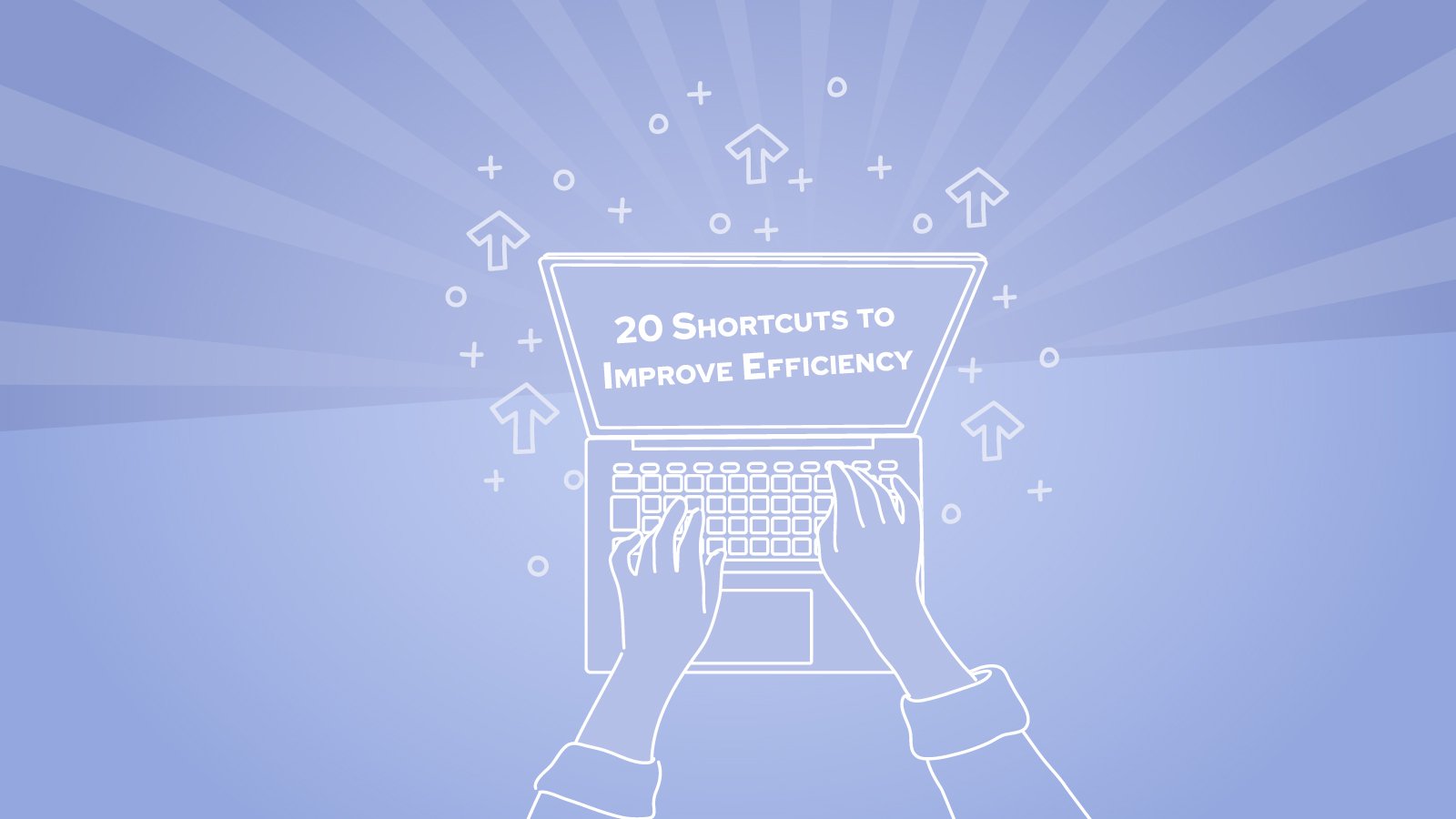With social isolation in full swing, the viability of remote working as a tool for business productivity is being tested at scale. Leaders everywhere have had to put aside their biases surrounding ‘home working’ and, instead, are mobilising their staff via Zoom and Hangouts as we weather the greatest global challenge since the Second World War.
For some, working from home is nothing new. For other industries, however, the idea of conducting business remotely brings with it a high level of uncertainty and fear. We all have a certain resistance to change and, especially when it is thrust upon us, it can cause us to miss the opportunities that naturally arise as a counterpoint to any obstacle, in this case: more flexibility, more time with our families, less in-office distractions, more periods in which we can think and act strategically.
In his bestselling book, The Obstacle is the Way: The Timeless Art of Turning Adversity to Advantage, Ryan Holiday says, “Wherever we are, whatever we’re doing, and wherever we are going, we owe it to ourselves, to our art, to the world to do it well.” Following the advice below, you can lead your team calmly through this turbulent period of unrest and, dare we say, increase productivity in a way you perhaps didn’t think was possible without the neutral ground of an office.
1. Provide the right technologyIn a world of Google G Suites and MS Teams, remote working looks deceptively easy. With emails and communication services readily available, what could possibly go wrong? This, however, is a simplification. Some industries – the financial sector, for instance – deal with sensitive data and work on proprietary technology platforms, some of which can only be accessed from office networks. Staff can use VPNs to access their digital work environment, but this requires extra bandwidth and encryption technology to ensure data remains secure. Without these in place, many businesses will be limited in their capacity to operate during lockdown. Now is the time to get these foundations in place.
2. Check in regularly
The beauty of digital communication platforms such as Slack and Google Hangouts is that everybody can stay connected, wherever they happen to be. As a valued colleague, it is your job to schedule routine, informal meetings that bring all of your team together. In larger businesses this could be a departmental meeting or a get-together for managers to discuss workload. At Cognition, for example, we all come together on Zoom at 9:15 every morning to wish each other well and discuss projects for the day ahead. Not only does this help us organise our day, it starts the morning off on the right note. Working from home can be lonely, so a daily reminder that everybody is supporting each other is good for both mental health and (virtual) office morale.
3. Plan ‘extra-curricular’ activities
In this unique situation, where we are all sitting at home, providing group activities and entertainment can be a valuable distraction. We all know the health risks of being sedentary and from sitting down for too long, but what about when we no longer have a commute? What if our office and our living room are the same place? The erosion of mental health and wellbeing is a real risk when working from home, especially during our current state of lockdown, so providing something like an online fitness class can really help people feel connected. At Cognition we have a resident personal trainer who plans in workouts that can be participated in via Zoom.
4. Give employees space
Working from home can be strange and there is a tendency for leaders, at least in the beginning, to micromanage. It’s understandable: how can you tell what people are doing? Are people working or are they in the bath? All valid concerns, but it’s important to understand that trying to control everything remotely can cause more harm than good. In his bestselling book by the same name, professor of computer science Cal Newport introduces the concept of “deep work”, as a “professional activity performed in a state of distraction-free concentration that pushes your cognitive capabilities to their limit.” Deep work, Newport says, is the key to groundbreaking ideas and decisive execution and – fortunately for us – can be easily accessed in the comfortable familiarity of our own homes. That is, if employees feel valued, trusted and allowed to get on with their work in a flexible way.
5. Share positive news and business wins
Last but not least, it is more important than ever to communicate and have transparency with your team. We all know the challenges we are facing but what positives can we take from our day-to-day situation? If something goes well with a client, let everybody know. If you have a good conversation with a prospective customer, or add value in some way, let everybody know. Positive news is both a relaxant and a stimulus, allowing us to focus and put meaning into our work. Share your wins, and your team will work hard to ensure there are more to talk about.
Key takeaways:
-
Technology is the key to remote working success – analyse your needs and do not hesitate to make the right investments
-
Don’t underestimate the power of face-to-face virtual meetings – they can provide an element of stability and even socialising to the working day
-
Encourage group virtual activities and espouse the benefits of staying fit and healthy when working from home
-
As Harvard Business School professor Tsedal Neeley says, allow your employees to ‘embrace flexibility’ and work in the way that suits them best
-
Circulate positive news and do everything you can to make your team optimistic for the future
For business leaders who are struggling to manage their staff remotely, or would like to know more about the HubSpot suite of technologies, you can book a 30-minute video consultation.




